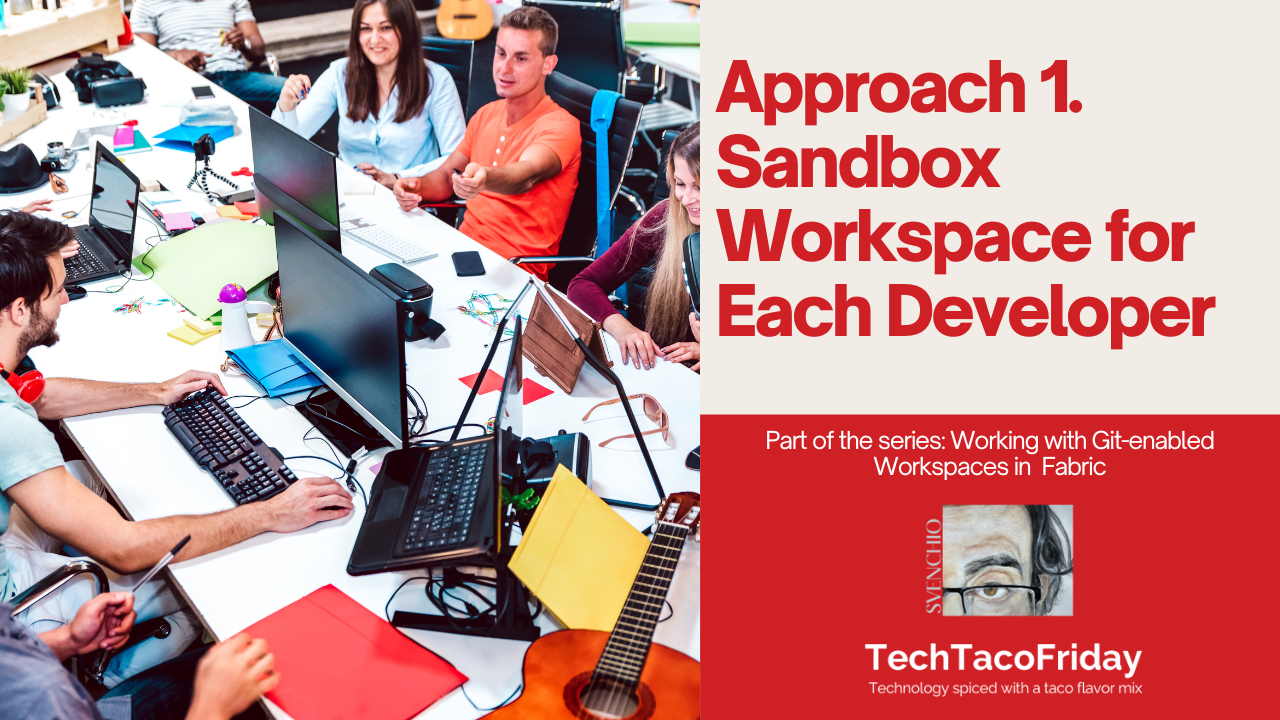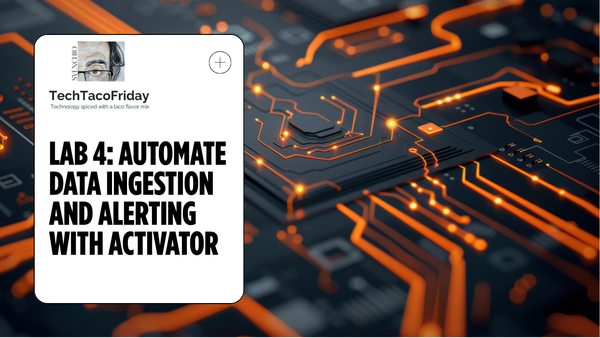Approach 1. Sandbox Workspace for Each Developer
The video provides a comprehensive overview of working with Git-enabled workspaces in Microsoft Fabric, illustrating the workflow from individual development to collaborative integration and final deployment.

The video provides a comprehensive overview of working with Git-enabled workspaces in Microsoft Fabric, illustrating the workflow from individual development to collaborative integration and final deployment.
Chapters
- 0:00 - Introduction
- 1:23 - Understanding workshop infrastructure
- 7:45 - Data Analyst - Works with Git-Integrated Workspace to change a Power BI Report
- 17:33 - Data Engineer - Adds a new Date Dimension table to Lakehouse
- 29:14 - Data Analyst - Adds the new Date Dimension to the Semantic Model
- 37:56 - Product owner - Deploys Development to Production via Fabric Pipeline
- 50:30 - Thanks for watching
Conclusion
Pros:
Autonomy and Ownership:
- Developers have full control over their workspaces, which can increase efficiency and responsibility.
- Each developer can tailor their workspace to their preferences and needs.
Consistency and Stability:
- Developers can maintain a consistent environment, reducing the time spent on configuring and setting up new environments.
- Stable environment free from changes made by other developers working on different features.
Learning and Improvement:
- Encourages individual learning and mastery of the tools and environment.
- Developers can experiment and innovate without impacting others.
Cons:
Resource Intensive:
- Requires more resources as each developer has their dedicated workspace.
- Can lead to duplicated efforts if multiple developers are working on similar features or issues.
Integration Challenges:
- Potential for integration issues when merging changes from multiple isolated environments.
- Risk of inconsistent environments leading to “works on my machine” scenarios.
Overhead:
- Each developer needs to manage and maintain their workspace, which can add to their workload.



